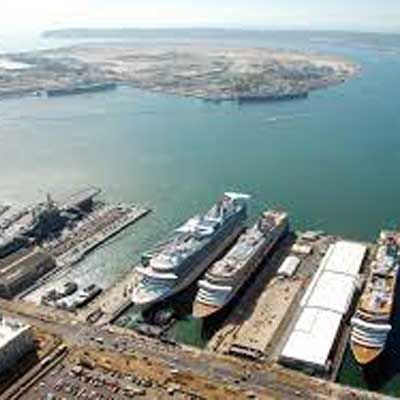

Cargo terminals operated by private firms in major ports before the 2021 implementation of the Major Port Authorities Act may soon be allowed to impose market rates for their services. The Ministry of Ports, Shipping, and Waterways has convened a panel to explore enabling older public-private partnership (PPP) cargo terminal operators to transition to market-driven pricing, akin to the new law's provisions for post-2021 private cargo handlers.
The Major Port Authorities Act granted pricing freedom to the 11 governed ports and recently established private cargo terminals, thereby abolishing the Tariff Authority for Major Ports (TAMP) that regulated state-run ports. However, the fate of existing private terminals remained uncertain until this development.
The panel, chaired by Sanjay Sethi, Chairman of Jawaharlal Nehru Port Authority, is tasked with proposing guidelines for the migration process. This decision is highly anticipated within the port sector, as it will ensure that older private operators can shift to market-driven pricing without violating existing concession agreements.
Under consideration is a mechanism where older terminals can levy market-driven rates, while the royalty or revenue share due to port authorities would be based on these rates, accounting for minimum guaranteed throughput (MGT) stipulated in contracts. This approach safeguards volumes while allowing operators to adopt market pricing.
The move will level the playing field between major and non-major ports, encouraging investment and revitalising stressed terminals. Transparency will be upheld through regular rate updates on operators' websites and indexed market rates. By bringing all terminal operators on par, the Ministry aims to establish a cohesive framework for sustainable growth in the sector.